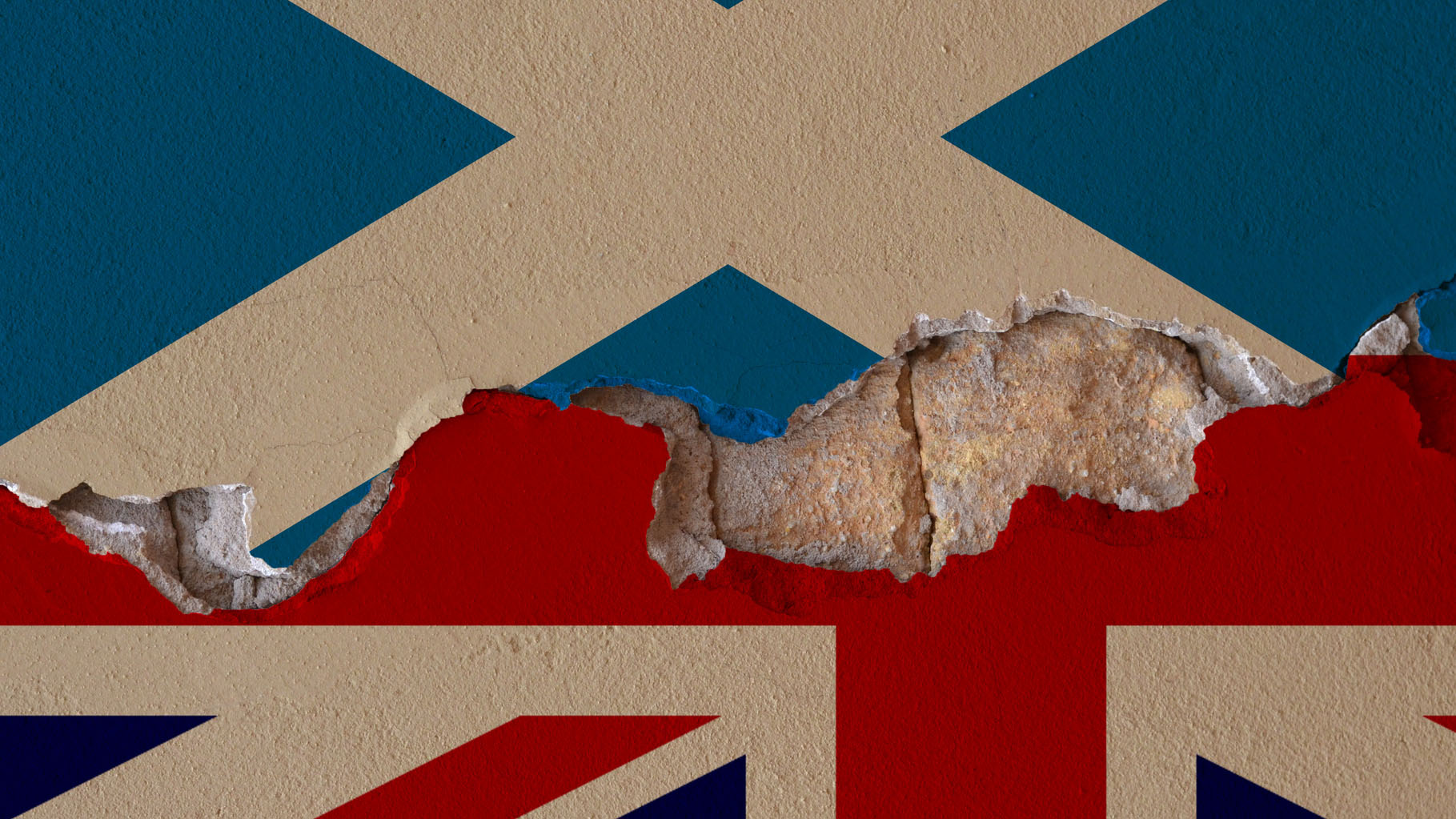
Across the Union, voters looking for serious choices are out of luck. Scottish voters are peering over the lip of the frying pan, blind to the fire burning below.
At present, the United Kingdom is not a serious country.
Boris Johnson’s Conservative Party administration has governed through a mix of dishonesty and ineptitude, sullying Britain’s reputation in the process. This situation has been enabled by a feeble Labour opposition that more closely resembles an undergraduate debating society than a nation’s main opposition party.
In the devolved administrations, the situation is equally dire. Edwin Poots, a Young Earth Creationist, now heads the Democratic Unionist Party in Northern Ireland, and looks set to appoint a fellow hardliner as first minister. Meanwhile in Scotland, the Scottish National Party (SNP), led by Nicola Sturgeon, has increased its dominant position in Holyrood following elections in May. But after 14 years of SNP rule, the country is still suffering from a staggering drug-deaths crisis and low educational outcomes — particularly for pupils from poorer backgrounds, despite public spending per person being 12% higher in Scotland than the UK as a whole.
Indeed, the SNP’s track record of governance across a range of domains, from education to health and the economy, is astonishingly bad. To understand its electoral success in light of this performance, one need only consider the state of the competition. In this respect, the drive towards Scottish independence makes sense — the idea remains popular among the electorate, largely because the Union as a whole is in such a lamentable state.
To make the case, all the SNP has to do is point to the carnival of political failure unfolding in London. At the moment, however, independence may be a case of jumping out of the frying pan into the fire. The SNP’s current plan is unworkable. In particular, the pitch to voters of an informal currency union that includes the continued use of the pound, is mendacious in the extreme.
The truth is that Scotland will need to launch a new currency in the case of a ‘Yes’ vote. This would involve a devaluation of up to 30% against the sterling, hitting Scottish mortgages, pensions, savings and incomes, while being accompanied by a brutal regime of fiscal austerity over many years. Nicola Sturgeon and the SNP are avoiding this truth through the kind of obfuscation and trickery that characterised much of the Brexit debate. Across the Union, voters looking for serious choices are out of luck.
Continue reading: Currency concerns could derail Scotland’s independence bid


